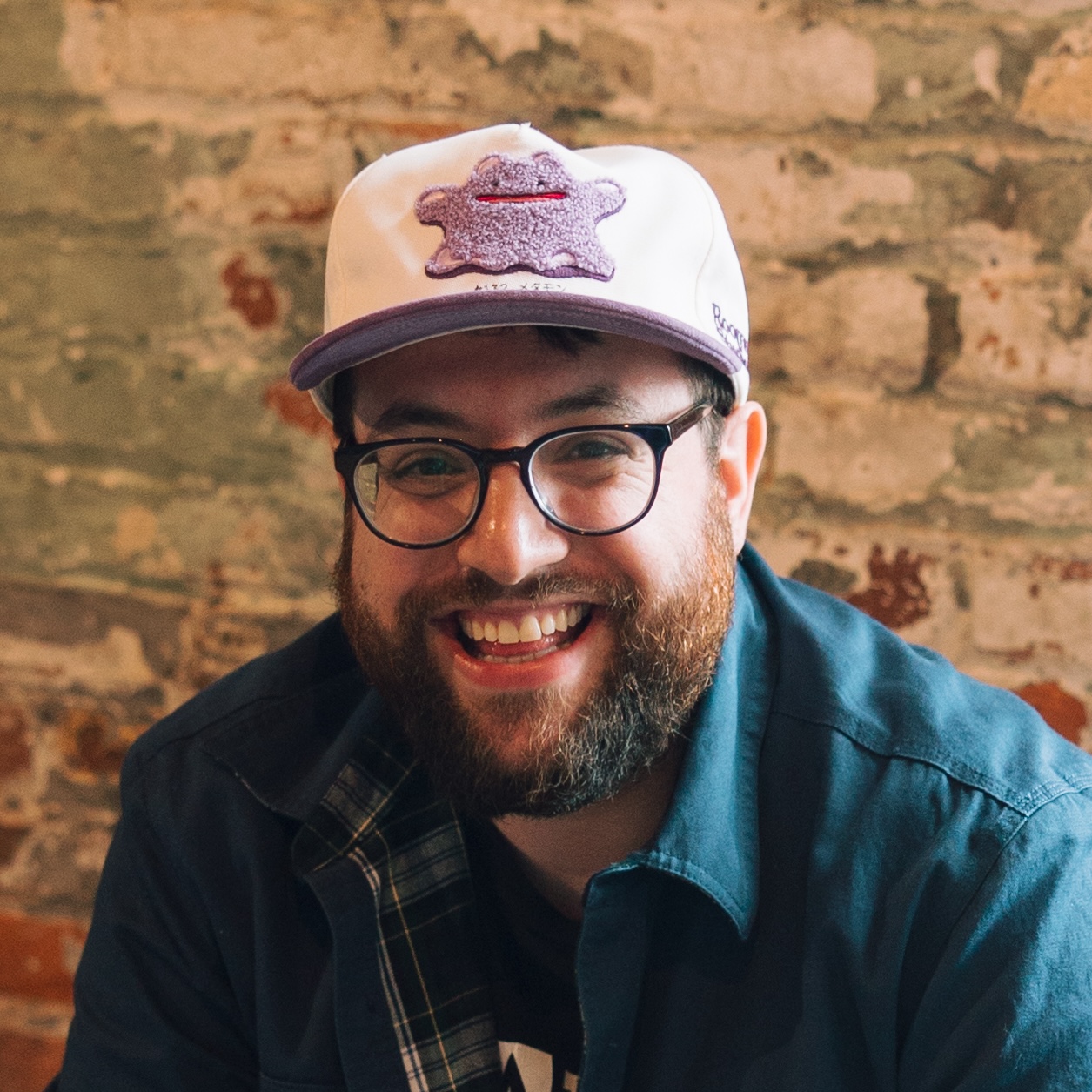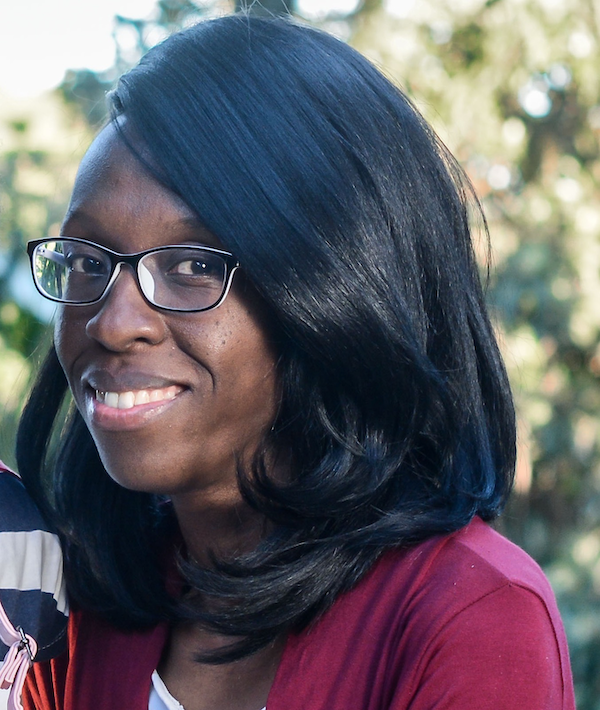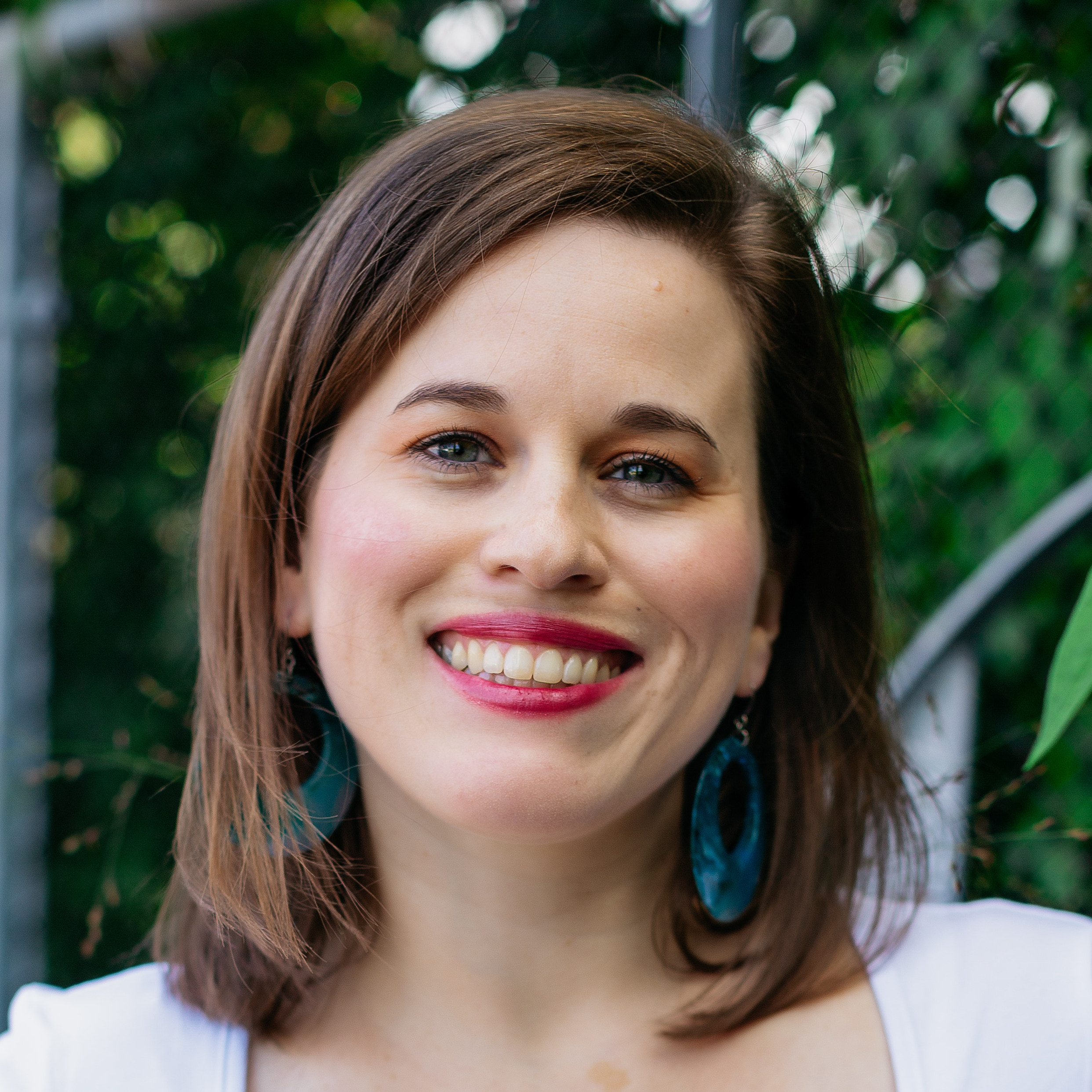The best interviews are a magic trick — they feel like casual conversations while secretly being strategic excavations. Whether you're recording a podcast, filming a documentary, or trying to score an invitation to Ira Glass's private island, the principle remains the same: relaxed guests reveal more. When someone feels comfortable, they drop their media-trained defenses and share those moments of honesty, insight, or vulnerability that nobody else has captured.
But pointing a microphone at someone doesn't automatically make them interesting. Even naturally charismatic people can freeze up when recording starts. That's where your questions come in — they're the skeleton key that unlocks genuine conversations. The right interview questions transform awkward silence into revealing dialogue, while the wrong ones guarantee responses that sound like they were generated by a particularly unimaginative AI.
How strategic question formulation enhances interviews
Constructing purposeful interview questions can shape an interview’s outcome by guiding the conversation toward revealing and honest insights. Journalistic techniques like leading or open-ended questions can coax out new angles and ensure authenticity, as advised by Indeed. However, scenario-based prompts, such as problem-solving queries, can push interviewees to reason through real-life challenges. Research-based formats, including structured or semi-structured questions, can yield more reliable data, particularly when investigating complex topics. Finally, academically inspired methods like case study or depth interviews enable you to explore specific events or experiences in granular detail, unlocking fresh perspectives.
8 tips for writing great interview questions
Coming into an interview prepared with the right questions can help you get what you need from your guest — but that doesn't mean you have to stick to the script. Here are our tips for writing interview questions that will let you squeeze the best answers from your interviewee, whether you're recording in-person or using Descript for remote interviews.
1. Do your research
The goal of every interview should be to get the guest to reveal something new. So the most important step when learning how to write good interview questions is researching your subject thoroughly. Look into their work, their life; read, listen to, and watch other interviews they've done so you can be sure to elicit something different. If the person you're interviewing recently wrote a book or released a film, familiarize yourself with it so that you can discuss it with confidence.
2. Know what you want from the interview
After you've brushed up on everything they've said and that's been said about your guest, ask yourself: what do I still want to know? What questions have yet to be asked? Or thoroughly answered? As you start writing your interview questions, make getting those answers your goal, and keep it front-and-center. Taking time to name your objective will help you create interview questions that achieve it. Keep the interviewee's objectives in mind, too. Are they there to promote new work? Remember, it's a transaction — you're giving them something (exposure, promotional time, etc.) in exchange for them sharing something your audience cares about.
Pro's Tip
The goal of every interview is to get the guest to reveal or share something nobody has ever heard. That's the kind of thing that will get your podcast noticed, whether the guest is a big celebrity in their world or a relative unknown. — Brandon Copple, producer & host, Creativish
3. Start with a question that introduces your guest
Your first question or two will set the tone for the whole interview, so try to ask something that elicits some background information to give context to the interviewee and the interview itself. Rather than asking your interviewee to give their job description, get creative. Ask an astronomer how they would explain their work to an extraterrestrial lifeform or a ballet dancer how they'd describe their life to a 9-year-old ballerina. A good fallback is to give their job title, then ask them to describe a typical workday.
4. Ask questions you want to know the answers to
Set the tone and show your curiosity by asking questions that go beyond what others have asked. After soaking up everything about them, what do you still want to know? What about this person inspires you? Ask about the mistakes they made while doing something you like, or what helped them overcome a challenge that you face, too. Your own genuine interest will prompt interesting personal interview questions, energize the conversation, and make things more compelling for your audience.
5. Avoid yes-or-no questions
If you ask a question that can be answered with a simple "yes" or "no" answer, you risk not learning anything new. Open-ended questions will get a better answer because they give your interviewee the space to answer the way they want. What makes a good interview question? Remember your interrogative pronouns and ask who? what? when? where? why? and how? Instead of "Did you always want to be an actor?" ask "What sparked your love of acting?" or "When did you first know you wanted to be an actor?"
Try to get them to tell stories, and let them tell them on their own terms. A simple "what happened?" can elicit all sorts of interesting insights. The phrase "tell me about…" signals you want to hear their perspective. Getting them talking like this can reveal all sorts of new details and information that you can then follow up on with more specific questions.
6. Don't be afraid to ask simple questions
Not everyone in your audience will be on the same level of familiarity with your interviewee or have their expertise. If they get in the weeds or use industry jargon, ask "what does that mean?" to get a more straightforward answer. This has the additional benefit of putting the interviewee in a position of knowledge, which can make them feel more at ease. Be sure to intersperse these with more probing and complex questions, otherwise, your interview may become too simple and boring.
7. Plan your follow-up questions
Follow-ups are indispensable when learning how to come up with interview questions. By asking clear, specific questions and simple follow-ups, you can usually avoid long-winded answers that knock the discussion off course. Follow-ups also help you and your guest reflect upon and analyze their answers. Try a simple "how?" or "tell me more," anytime you want to dig deeper into an idea. You don't necessarily have to list follow-ups when writing your interview questions, but it can help you stay organized if you at least mark the spots you think will benefit from extra questioning.
8. Let your guest lead the conversation
Cap off your interview by asking "is there anything I didn't ask that you'd like to talk about?" This works in a variety of interview situations and ensures that your interviewee gets to accomplish their own goal for the interview. You never know what little nuggets of information your guest hasn't had a chance to reveal.
As a courtesy to your guest and a service to your audience, it can be helpful to also ask for actionable information, like "how can readers or listeners follow your work online?"
How scenario-based interview questions yield deeper insights
Scenario-based interview questions encourage respondents to visualize and articulate their decision-making process, often leading to more authentic responses. These approaches can be especially helpful when conducting remote or digital interviews, as they engage the interviewee in concrete examples of day-to-day challenges. By asking them to imagine or recall specific situations, you create a space for them to reveal problem-solving skills or unexpected viewpoints. According to expert advice on interview techniques, scenario-based questions also help you keep the conversation conversational without sacrificing structure. The result is an interview that feels fluid yet remains focused on the insights you most want to uncover.
5 tips for a successful interview
Once you've figured out how to write good interview questions and drawn up a list in preparation, there are a few things you should do to make sure the interview is a success. Using Descript's search tool can help you quickly scan through your interview transcript later to find key moments and important quotes, making the editing process much smoother.
- Be professional. Be timely and thoughtful when communicating with your interviewee. Send them calendar invites for important related dates, and be on time for the interview itself. This shows that you respect them and the time they're taking to be interviewed by you.
- Check all your equipment twice. Make sure any recording equipment you plan to use is working and has enough battery life and storage space for your needs. Having an equipment failure in the middle of a good interview is embarrassing and takes up the precious time you have with your interviewee.
- Put your guest at ease. Chat with your interviewee a bit to help them relax. Explain your interview process to them so that they know what to expect.
- Let it flow, and go along. An interview is a conversation, not an interrogation, and sometimes the best stuff comes when the discussion goes in unexpected directions. Remember, the goal is to get something new from them — so if they start talking about something you've never heard them talk about, see where it goes.
- Shut up. Try to keep your questions succinct, and make sure you don't ramble when you ask questions or react to your guest. It's okay to talk to provide context or perspective. But let your guest dominate the conversation — listeners want to hear from them, not you.
- Silence is power. Silence never feels comfortable, but unless you're live streaming, you can easily edit it out. If you let a pause linger, your interviewee might use it to work out a better answer to a question, or rush to fill it with information — maybe more than they meant to reveal.
FAQs
What are the best open-ended questions to ask in an interview?
Open-ended questions that begin with 'why,' 'how,' or 'what' can spark detailed answers and encourage interviewees to share personal anecdotes. According to Indeed’s guidelines on writing interview questions, these prompts help you avoid one-word answers and dig deeper into motivations and experiences. By using prompts like 'Tell me about a time you overcame a challenge,' you invite meaningful stories that can reveal creativity and resilience. Always tailor your open-ended questions to the context of your interview, focusing on the interviewee’s unique background. This approach ensures more genuine and revealing responses that help listeners connect with your guest.
Should I ask scenario-based questions?
Scenario-based questions allow you to see how an interviewee might handle practical challenges and real-life tasks. As noted by problem-solving interview best practices, these queries can highlight a person’s decision-making process and adaptability. They also encourage the interviewee to reflect on specific events or possibilities, providing richer answers. Even a hypothetical scenario can reveal qualities like leadership, flexibility, or technical expertise. When used thoughtfully, scenario-based questions help keep the conversation focused and engaging without feeling rigid.
How can I maintain a personal connection in remote or virtual interviews?
Staying engaged in a remote setting can be challenging, but simple strategies like consistent eye contact and an empathetic tone go a long way. According to expert advice on interview techniques, using clear communication tools and minimizing background distractions fosters an atmosphere of focus. When the interviewer and interviewee both feel comfortable, guests become more open to sharing valuable insights. Remember to check your recording setup beforehand to avoid technical glitches that might interrupt the flow. Above all, treat a virtual interview with the same professionalism as an in-person conversation.









































